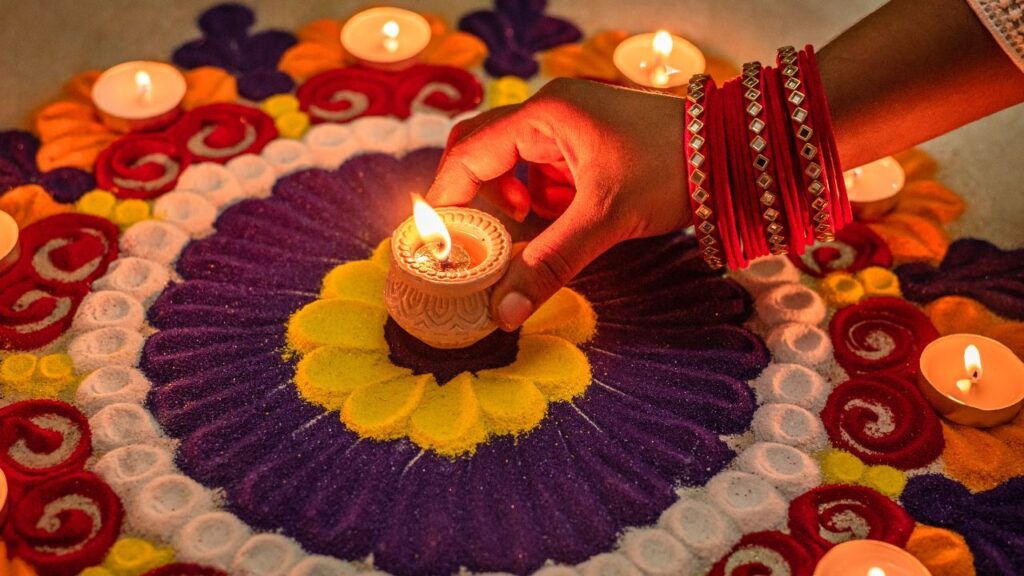5 things to know about Navratri

Navratri is one of the most celebrated Hindu festivals, filled with vibrant colors, dances, rituals, and prayers. Spanning nine nights, this festival honors the divine feminine energy, often embodied in Goddess Durga. Whether you’re new to Navratri or just curious about its significance, here are five things you should know:
1. The Significance of Navratri
Navratri, which means “nine nights” in Sanskrit, is a festival dedicated to the worship of Goddess Durga and her nine forms. The core theme of Navratri is the triumph of righteousness and the power of the divine feminine.
2. Celebration Styles Vary by Region
While Navratri is celebrated across the Indian diaspora, the customs and rituals vary significantly from one region to another. Each region adds its own cultural richness, making Navratri a diverse festival that brings people together through unique customs.
3. Fasting and Spiritual Practices
Fasting is a significant aspect of Navratri for many devotees. It’s not just about abstaining from food but also purifying the mind and soul. People typically avoid grains, meats, and processed foods, consuming simpler meals made from fruits, milk, and special flours. Apart from fasting, devotees engage in prayers, meditation, and recitations of mantras to honor the goddess and seek her blessings
4. The Importance of Colors
Each of the nine days of Navratri is associated with a specific color, and many devotees choose to wear clothing that corresponds to the color of the day. These colors are believed to bring good luck and positive vibrations.
5. Navratri Celebrates Feminine Power
At its core, Navratri is a celebration of Shakti, the divine feminine energy that sustains the universe. The goddess Durga, revered in her many forms during the festival, is seen as a protector, warrior, and nurturer. Through Navratri, devotees acknowledge the power and importance of women, not just in mythology but in everyday life.
Navratri is more than just a religious festival; it’s a vibrant celebration of life, spirituality, and cultural diversity.



